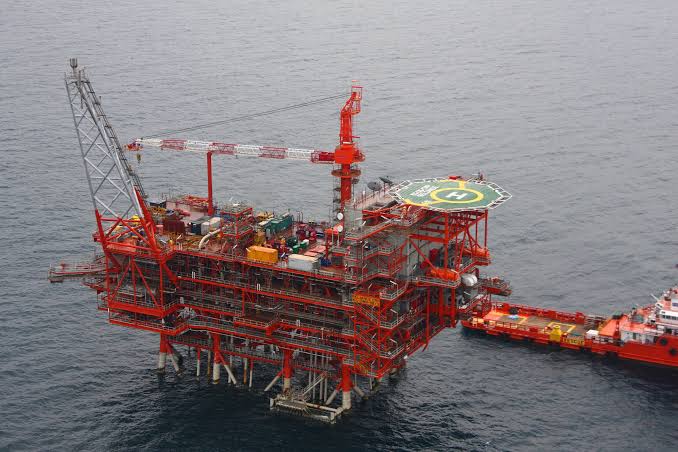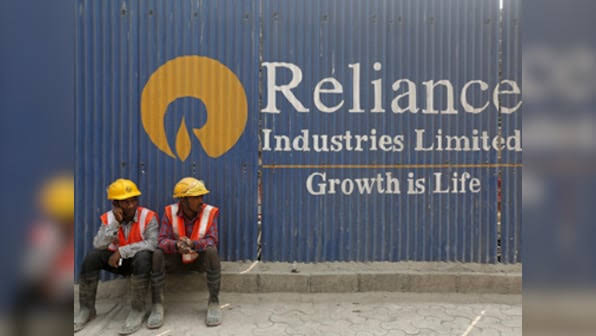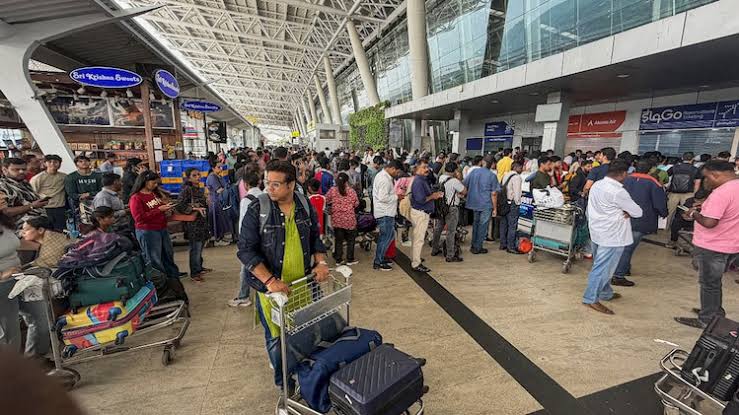In a significant legal development, the Delhi High Court has overturned an arbitration ruling that had previously favored Reliance Industries Ltd (RIL) in a long-standing dispute over gas migration in the Krishna-Godavari (KG) basin. The verdict comes as a major win for the Union government, which has been fighting to reclaim what it claims is its rightful share of natural resources and financial compensation from the Mukesh Ambani-led conglomerate.
 The case revolves around allegations that natural gas from Oil and Natural Gas Corporation Ltd (ONGC)’s fields migrated into RIL’s adjacent KG-D6 block, leading to substantial financial and resource gains for the private company. The dispute dates back to the early 2000s when RIL was granted exploration rights in the KG basin under a production-sharing contract (PSC) with the government. Over time, ONGC discovered that significant volumes of gas from its blocks had allegedly flowed into RIL’s area, prompting concerns about resource misallocation.
The case revolves around allegations that natural gas from Oil and Natural Gas Corporation Ltd (ONGC)’s fields migrated into RIL’s adjacent KG-D6 block, leading to substantial financial and resource gains for the private company. The dispute dates back to the early 2000s when RIL was granted exploration rights in the KG basin under a production-sharing contract (PSC) with the government. Over time, ONGC discovered that significant volumes of gas from its blocks had allegedly flowed into RIL’s area, prompting concerns about resource misallocation.
To assess the situation, both companies had initially agreed to appoint an independent expert, which led to a 2015 report by DeGolyer and MacNaughton (D&M). The findings suggested that over ₹11,000 crore worth of natural gas had migrated from ONGC’s fields to RIL’s. This prompted the government to demand compensation from RIL and its foreign partners, BP and Niko Resources, in the form of a $1.7 billion claim. However, an international arbitration panel ruled in 2018 that the PSC did not explicitly prohibit the extraction of naturally migrating gas, leading to a verdict in RIL’s favor.
The government challenged the arbitration ruling, arguing that the company had unfairly benefited from ONGC’s resources. While a single bench of the Delhi High Court upheld the arbitration decision in May 2023, the latest ruling by a division bench has now overturned it, siding with the government’s argument that the original arbitration award was contrary to legal principles. The court emphasized that public resources must be managed with fairness and transparency and ruled that the government’s claim stands valid.
For RIL, this ruling presents a significant setback, as the company now faces the prospect of paying the hefty compensation amount unless it successfully appeals the decision before the Supreme Court. Meanwhile, for the government, the verdict strengthens its position in regulating and protecting national resources, particularly in the energy sector, where disputes over extraction rights and profit-sharing remain contentious.
As the legal battle continues, the case raises broader questions about corporate accountability, government oversight, and the fair distribution of natural resources. The coming months will determine whether RIL chooses to fight the ruling at a higher level or negotiate a settlement, but for now, the government has secured a crucial legal victory in its decade-long pursuit of justice in the KG basin dispute.




